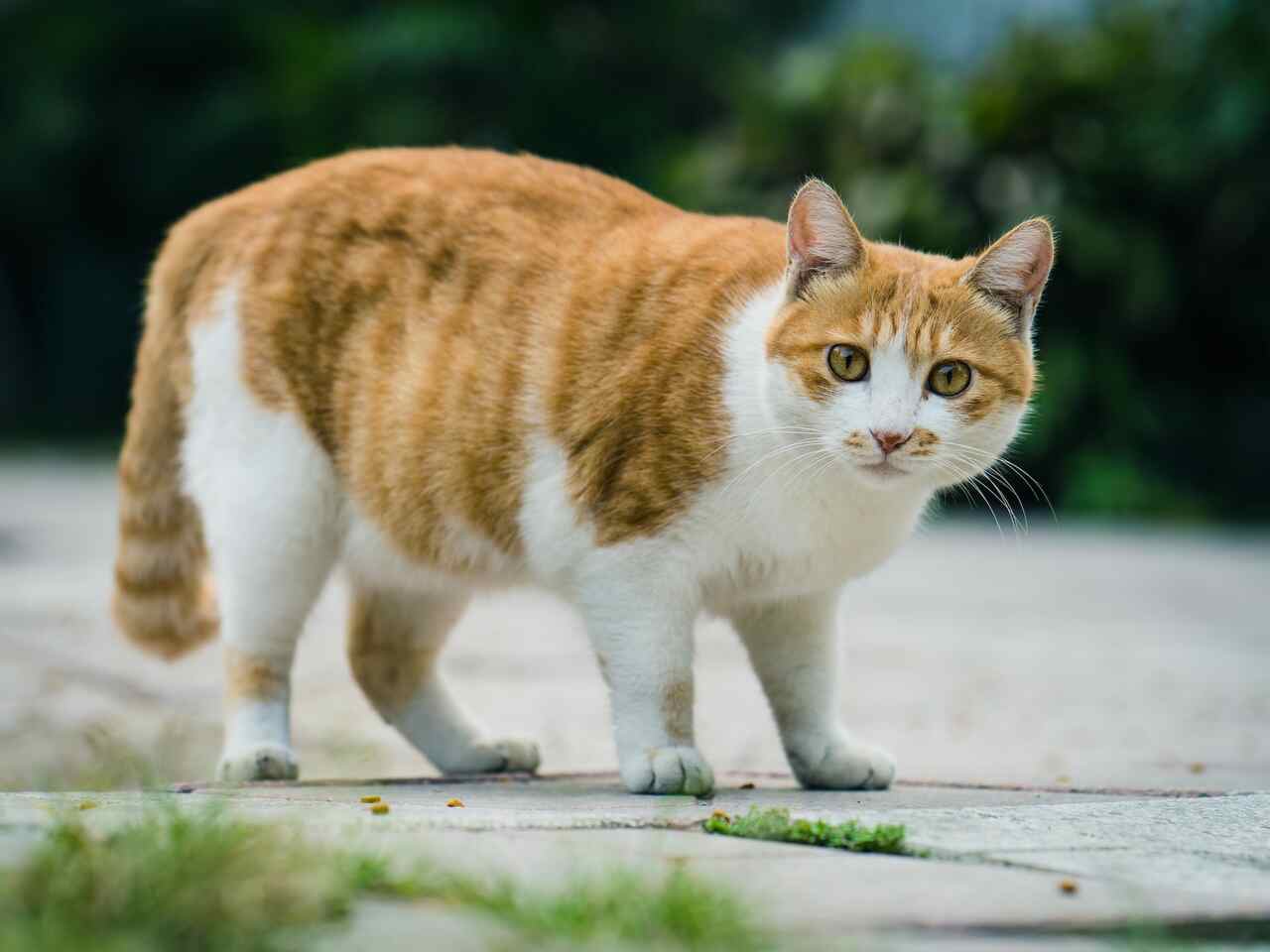
Cats and dogs suffering from excess weight are more likely to develop cardiovascular problems, diabetes, orthopedic ailments, and other conditions that directly affect their quality of life.
+ Dogs and cats show they can be best friends in adorable video
+ Hilarious Video Catches Food-Thieving Dogs and Cats
+ Adorable Video: Dog Adopts Three Tiger Cubs
Weight control as a means of preventing obesity and maintaining it are essential for a healthy life for both cats and dogs.
“Maintaining the animal’s ideal weight, in addition to veterinary monitoring, helps prevent diseases such as respiratory and cardiac problems, osteoarticular diseases, dermatological and gastrointestinal problems, neoplasms, among others. Many pet owners report that after weight loss, their pets have become more active, alert, and willing to engage in physical activity,” explains Priscila Rizelo, a Veterinarian and Coordinator of Scientific Communication at Royal Canin Brazil.
Neutered pets and those in the aging phase are particularly more predisposed to excessive weight gain due to physiological changes and energy requirements. Therefore, nutrition during the first year of life plays a crucial role in determining the body condition during the adult phase of pets.
The correct food recommended by the professional plays an important role in weight control. The type of food, quantity, number of meals, and the habit of offering treats all directly contribute to obesity. “Dietary adjustments, starting with a protein and fiber-rich diet, help minimize hunger, providing greater satiety to the animal,” adds Priscila.
ROYAL CANIN® understands the importance of weight control for pet health and, as part of its commitment to providing Health Through Nutrition, has developed the Satiety line, co-adjuvant foods for weight control in cats and dogs. These foods have a higher protein and fiber content and low energy density to ensure greater satiety and help pets achieve their ideal weight in a healthy and effective manner, through balanced nutrition.

